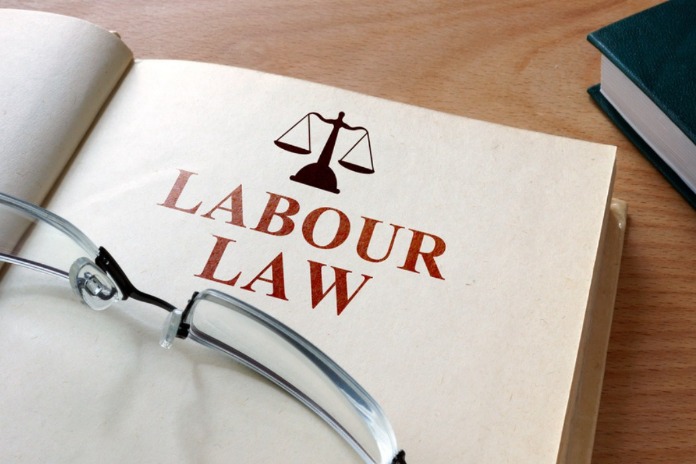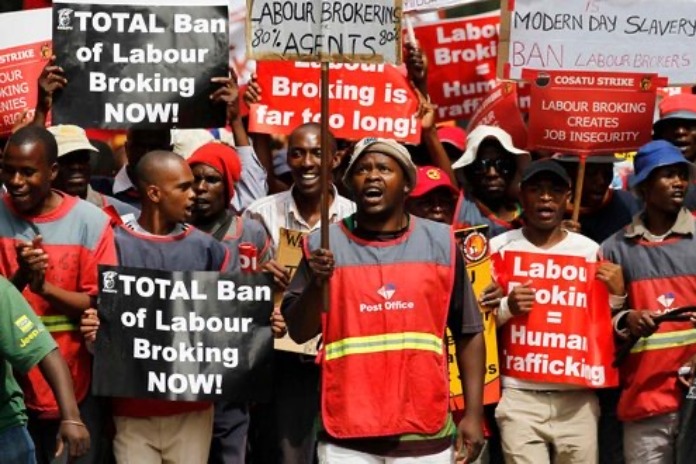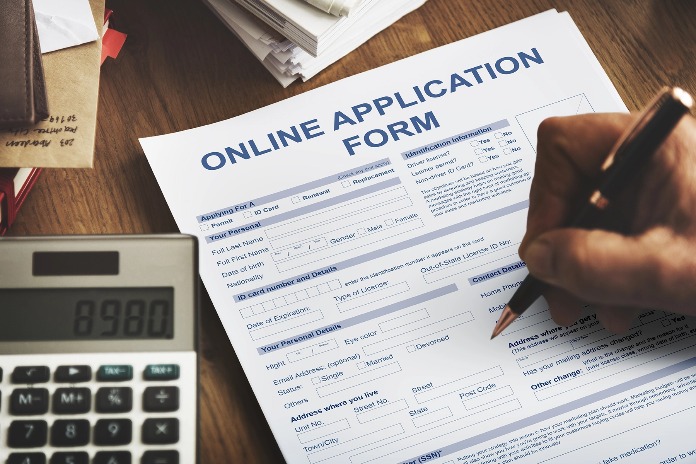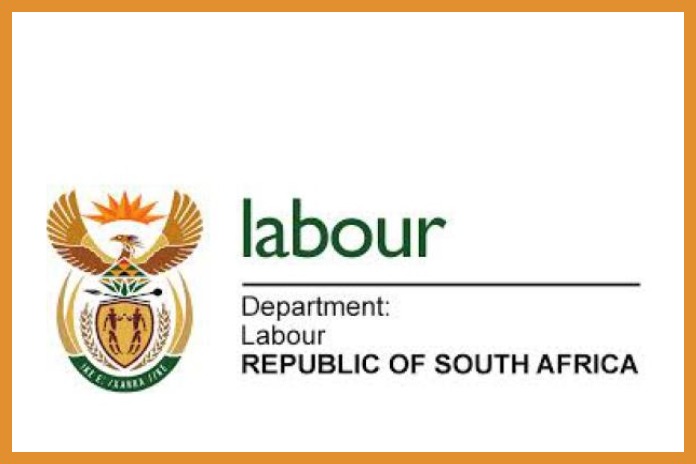No doubt, the importance of employers of labor – both private and public in a country cannot be overemphasized because without them, there will be no job and a lot of citizens may have to wallow in poverty. On the other hand, employees are equally important because, without them, the country will lack manpower. Having said this, there has to be a mechanism to regulate and ensure that employers of labor are not oppressive and vulnerable employees are not exploited.
As such, the South African Labor Department is not leaving any stone unturned in ensuring that employees are treated well by their employers, no matter the sector they are employed in. The Labor Department has set out labor laws, as well as procedures for reporting an employer or company that faults these rules.
The Labor Department Of South Africa Is A Public Office That Coordinates The Labor Force
The South African Labor Department is a government organization that is actively responsible for regulating the South African labor market and reducing the rate of poverty, unemployment, and inequalities by setting up policies and programs. The aim of the Labor Department is to see to it that employment opportunities are created, investments are made and the labor market promotes economic growth.

The department is also saddled with the responsibilities of ensuring that employees are treated with dignity, care, and respect by employers which brings about the importance of having a complaints mechanism and placing standards that employers must adhere to when it comes to dealing with employees.
According to the South African Labor guide, Commission for Conciliation, Mediation, and Arbitration (CCMA) is an independent body that was established by the law to resolve workplace disputes. Though in this post, we have focused more on how to report a company/employer, it is also possible for the company to lay complaints against an employee.
What Is Unfair Labour Practice?
In as much as the Labor Department wants to see to it that employees are not exploited, they also do not want employees to take advantage of this fact to put allegations on their employers for no tangible reasons.
The department has set out basic examples that define what unfair labor practices really are. So, before taking the step to complain against your employer, it is necessary to know if your complaint is worth any form of consideration. For your complaint to be considered, it must fall under any of the following categories.
1. Unfair Dismissal
Dismissal from work is considered to be unfair or illegal if the employer does not fire the employee as a result of his/her failure to adhere to the company’s code of conduct. Also, before dismissal, the employee must be told the allegations against him and given some time to respond.
2. Unfair Conduct Relating to the Promotion, Demotion or Training of an Employee or Relating to the Provision of Benefits to an Employee
This comes to play when an employee is denied his or her right to a promotion in the company as a result of gender, race, or sexual orientation. On the same note, if an employee is demoted for unfair reasons, it is considered an unfair labor practice, and the employee in question is allowed to dispute.
3. Unfair Suspension of an Employee or Any Other Disciplinary Action Against an Employee
If an employee is suspended unfairly and left suspended for too long without a good reason, especially in a situation where there is no good reason why the disciplinary inquiry is taking too long, it is regarded as an unfair labor practice and employees in this condition have the right to complain.
4. Failure or Refusal of an Employer to Re-instate or Re-employ a Former Employee According to the Terms of an Agreement
If the company rules or any existing agreement between an employer and an employee permits the re-employment of a former employee and the employer refuses to employ the employee in a situation where the previous position is still vacant, the employee has the right to report to the Labor Department.

5. An Occupational Detriment, Other Than Dismissal, in Contravention of The Protected Disclosures Act, 26 of 2000, on Account of an Employee Having Made a Protected Disclosure as Defined in that Act
The aim of the Protected Disclosures Act, 26 of 2000 is to protect employees who want to reveal information regarding the commission of a crime or unfair discrimination or conduct that may be detrimental to the health and safety of other employees.
What Do I Do When My Reason For Complaint Clearly Defines Unfair Labor Practice?
When you are sure that you have a valid reason for complaining and it actually falls into the category of complaints that defines unfair labor practice, the first step is to attempt to resolve the issue internally.
Before involving the Department of Labor, you should first call the attention of the company’s management by writing to the Human Resources Department or any department in the company that is responsible for receiving employee complaints.
After trying to resolve the issues internally and realizing that your effort was futile, then it is time to get other relevant councils involved and if there is no council, then call the attention of the Commission for Conciliation, Mediation, and Arbitration (CCMA).
Please note that reporting unfair labor practices to the CCMA must be done within 90 days from when the incident took place. The 90 working days should be calculated by taking into consideration both weekends and public holidays.
Before referring a case to CCMA, here are some things you want to put in place first:
- Both parties would have attempted to settle internally.
- Ensure that all legal requirements are met.
- Determine the weight of the issue.
- Identify whether the case falls under CCMA jurisdiction.
How Do I Serve And File The CCMA Referral Form?
The CCMA referral form must first be sent to the other party; this can be done by faxing it or mailing it to the address of the party. This is important because while filling the referral form to CCMA, you must also attach proof that the form was sent to the other party.

The proof can contain a receipt that has been signed and stamped by the other party. If it was hand-delivered, then the receipt should also contain the name of the person who received it, his title, as well as signature, time, and date.
In a situation where the notice was faxed, a copy of the fax transmission report that shows a copy of all the pages that were sent can be used. If it was sent by post, then a copy of the mail slip can serve as evidence that it was sent to the other party. When the case gets to CCMA, the body will schedule a hearing date and both parties will be informed about the scheduled date via writing.
You Can Also Report A Case Of Non-Compliance With The National Minimum Wage By Using The Impimpa Hotline
In 2020, the Department of Labor launched the Impimpa Hotline as a means of protecting vulnerable employees and enforcing compliance with the National Minimum Wage of R20,76 per hour.
Using this hotline does not require that you start writing letters or sending a form from one department to another. From the comfort of your home and at no cost, you can simply report an issue of non-compliance with the National Minimum Wage by dialing *134*305#.
